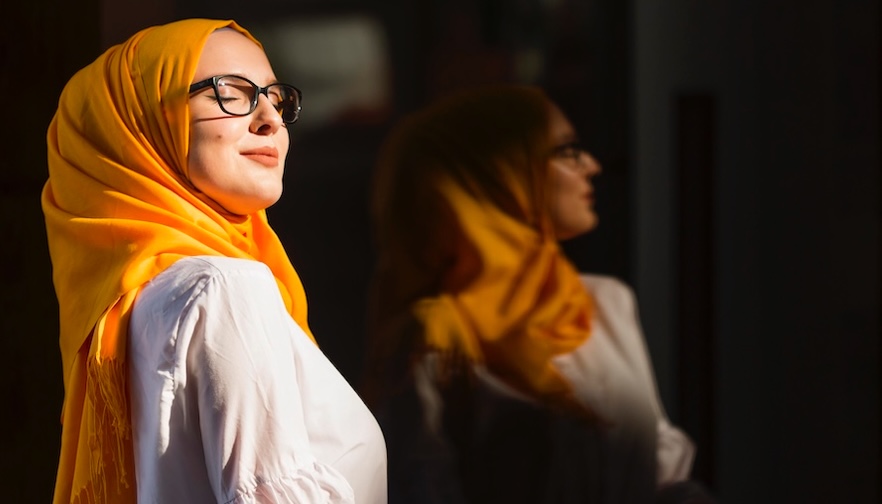
A recent exchange in French politics has reignited debates about secularism and religious freedoms, particularly concerning Muslim women’s right to wear the hijab. French MP Benjamin Lucas publicly challenged Bruno Retailleau, leader of the Les Républicains party in the Senate, for his remarks labelling the hijab as “an instrument of Islamist propaganda.” Lucas’s intervention highlighted concerns about how such statements contribute to the stigmatisation of Muslim women and the broader politicisation of their religious expression.
In France, secularism is a core principle designed to ensure state neutrality. However, its application has often intersected with debates over individual freedoms, particularly for Muslim women. The 2004 ban on religious symbols in schools and subsequent policies have disproportionately affected them, raising questions about whether these measures protect neutrality or inadvertently infringe on personal rights. Statements like Retailleau’s not only reinforce stereotypes but also risk alienating women who choose to wear the hijab as an expression of their faith and identity.
The hijab has become a symbol of broader societal discussions around integration, religious freedom, and gender autonomy. From a Muslim women’s rights perspective, this issue is less about the hijab itself and more about the principle of choice. Women should have the freedom to decide how they express their identity and beliefs without being subject to political or societal pressures.
This recent incident emphasises the need for constructive and inclusive conversations that respect individual rights while addressing societal concerns. Muslim women’s experiences should be seen through the lens of their autonomy and agency, ensuring that policies and rhetoric empower rather than marginalise them. By fostering understanding and challenging divisive narratives, societies can better uphold the principles of dignity and equality for all.


